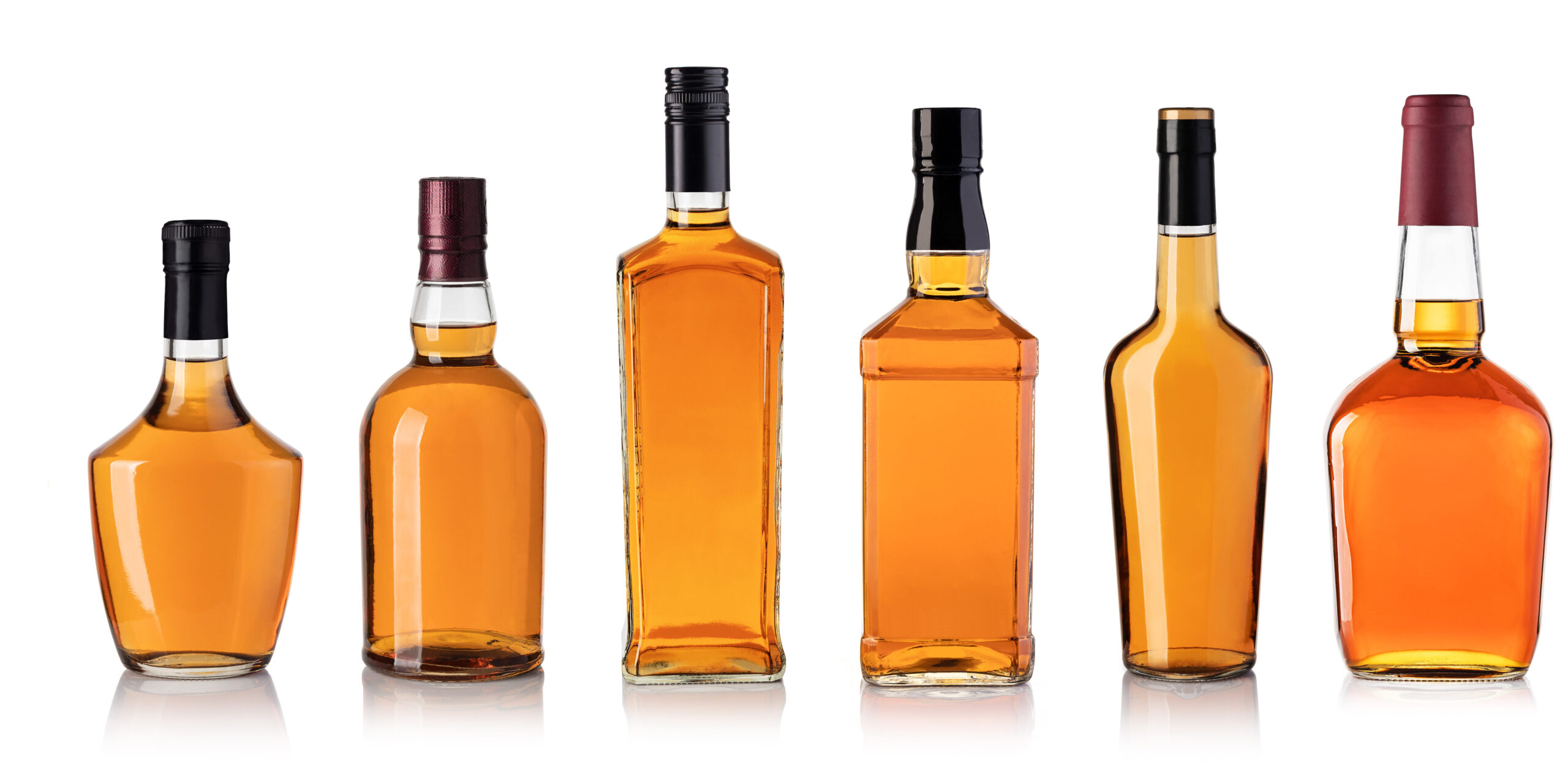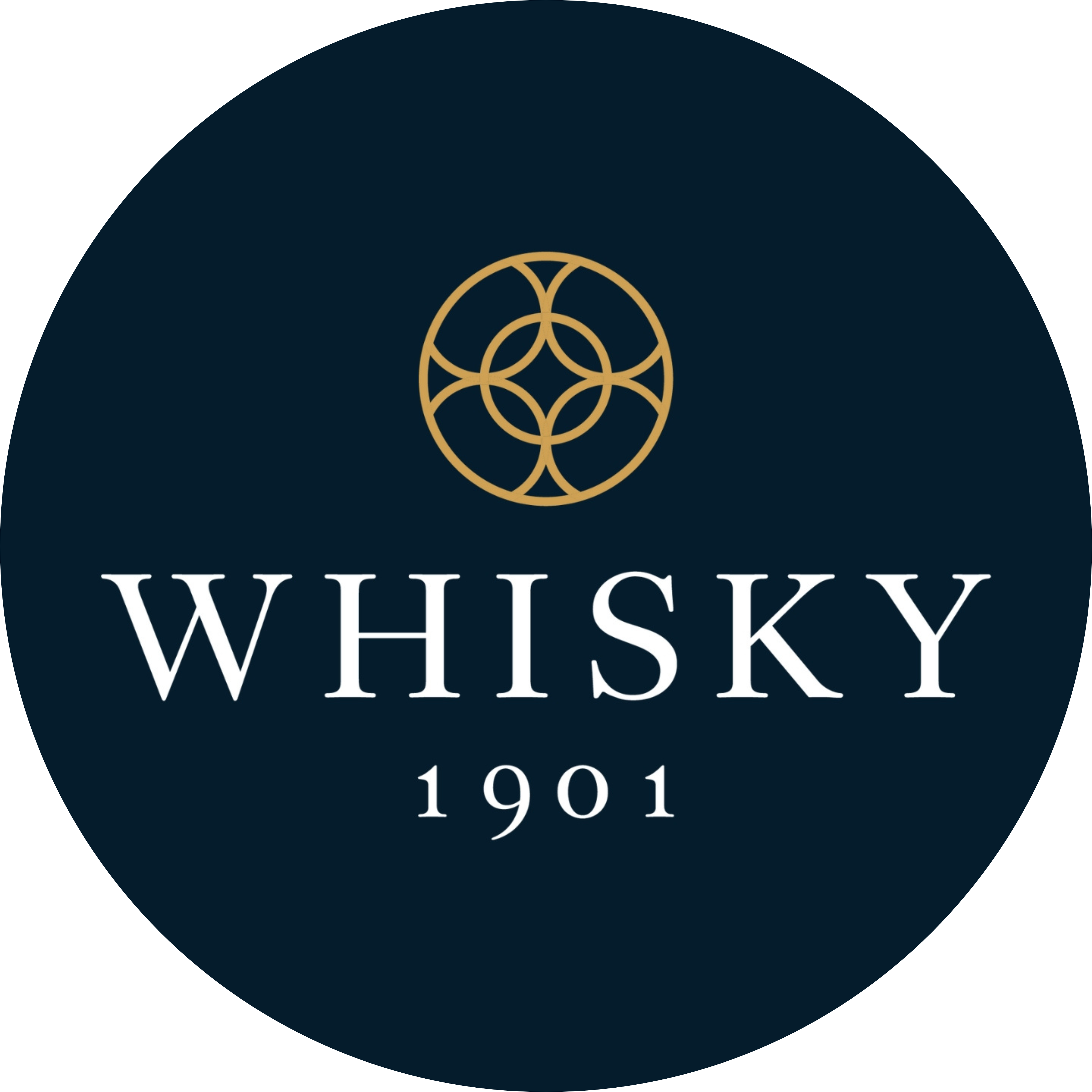Understanding independent bottling
The independent Scotch whisky bottling sector can be a little daunting when looking from the outside, but hugely rewarding once understood. It is an area of the whisky industry that many are not aware of at the beginning of their whisky journey. But once you dive in and explore, you will quickly discover what an important part it plays in the whisky world and the products it can offer.
Historically, many independent bottlers have grown from Scotch whisky brokering roots – companies would buy casks from all over Scotland, hold them, and then sell to other whisky companies, blending houses and private clients. This remains a massive part of the industry today. However, the continued growing thirst for whisky has meant that many of these companies can diversify and sell products directly to the public through their own channels or retailers.
An expanding market
Independent bottling companies have expanded the whisky market greatly for consumers by making a larger and diverse selection of products available. The companies usually follow one of two tracks – they either buy part-matured casks from a distillery or send empty casks to a distillery to be filled with new make spirit. They will oversee the further maturation in both cases before carefully choosing when the whisky has reached its optimum age to bottle and release to the public.
The resulting whisky is a product that has the original distillery character but with a twist – it is a truly unique Scotch whisky experience. Why? Because the product may be released at a different age, strength or be from a different cask type to that of the original distillery’s core range of whiskies. The independent whisky bottler uses their experience to create a totally new product. They can create a unique whisky in another way by finishing the spirit in a different cask type to that of the original distillery.
Quantity and quality
Sometimes, they may only buy one single cask from a distillery, which leads to a very limited quantity of final bottles once released. For context an ex-bourbon barrel will give roughly 250 70cl bottles, while an ex-sherry cask will generally yield between 550 to 600 bottles. Many give good value for money compared to distillery own or branded releases and offer an excellent way to sample and try different, rare, or older whiskies.
Many independent bottlings are released at their natural cask strength – this means that the ABV (Alcohol by Volume) is not altered once the whisky leaves the cask and no water is added to bring the strength down, as happens with regular core bottlings. They are also commonly non-chill filtered and of natural colour. This means that consumers are buying their whisky in the most natural state possible.
As mentioned, many times there may be just a single cask or a very small batch of two or three casks married together. This gives a finite amount of spirit and a finite number of bottles. When it is gone, it is gone. The uniqueness means that a whisky can rarely be repeated, and several independent bottlings of the past have achieved legendary status.
Distillery exposure
The independent bottlers also give exposure to distilleries across Scotland that are not so widely available. These are often distilleries that may have no official bottling on the market and are in production to supply single malts or single grain whiskies for blends. Sometimes an independent release will be the only way to taste spirit from such a distillery.
Most distilleries will be named on the independent bottlings along with the age or year of distillation and other key information – this can include maturation or finishing cask type, the number of bottles available, ABV strength etc. However, there are a few distilleries that insist they are not named for independent bottlings for legal reasons. In these cases, the bottles will carry another name that gives a clue as to the origin.
Several of the independent bottling companies have also started releasing Scotch blends and blended malts. This has increased over the last five years and expanded the reach of each company beyond the selection and bottling of single distilleries or casks. This area continues to grow and is worth looking at.
Ones to watch
The names of excellent and consistent independent Scotch whisky bottling companies to look out for include Adelphi, A. D. Rattray, Cadenhead’s, Compass Box, Douglas Laing & Co, Gordon & Macphail, Hunter Laing, Scotch Malt Whisky Society, Signatory Vintage and That Boutique-y Whisky Company.
Independent bottlings are most found via specialist whisky retailers and websites, many of whom also run their own independent bottling schemes for their customers. Good examples include Abbey Whisky, Tyndrum Whisky, and The Whisky Exchange – these all have regular such whiskies available exclusively for their customers.




